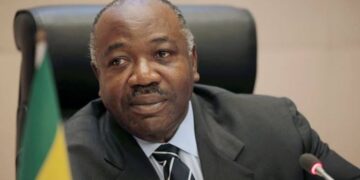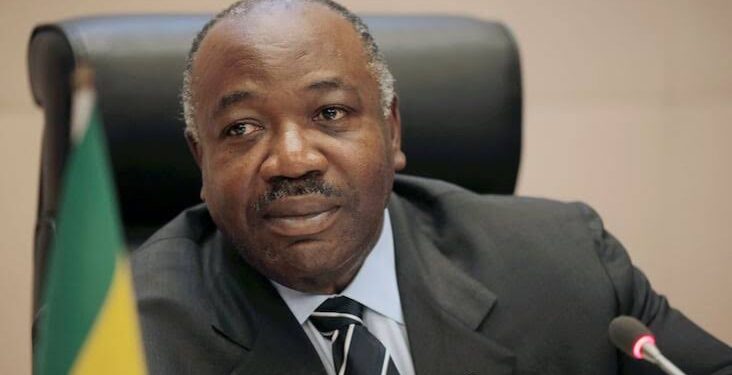By Enyichukwu Enemanna
The deposed President of Gabon, Ali Bongo has announced his exit from politics, a year after he was forcefully removed from office after a military coup.
“I wish to reaffirm my withdrawal from political life and the definitive renunciation of any national ambition,” Bongo said in a letter addressed to the Gabonese people.
Heritage Times HT recalls that the army seized power last August, after Bongo was declared winner of a presidential election that the opposition said lacked transparency.
Bongo has led the West African oil-rich country since 2009 when he succeeded his father who had been in power for more than 40 years.
Following his resignation from “political life”, 65-year-old also called for the release of his wife and son who are in detention awaiting trial over alleged corruption.
It could not be independently ascertained if this is in response to any talks with the military government in the country.
The coup that ousted him from power, led by Gen Brice Oligui Ngeuma, was greeted by celebrations in the country.
It was however condemned by regional body, the Economic Community of West African States (ECOWAS) and the former colonial master, France.
A week after the military took over power, the deposed leader was released from house arrest but has remained in the capital, Libreville.
In his letter, Bongo said his movements remained restricted and subject to daily surveillance.
“My visits depend on the authorisation of the military. Isolated from the outside world without communications, without news of my family,” he added.
He also called for an end to the “violence and torture” committed against his French-born wife Sylvia and son Noureddin and said they should both be released.
“I understand that despite the achievements made under my mandates, too many Gabonese people are still suffering and this remains my greatest regret.”
“I call on my country, its leaders and my fellow citizens to renounce vengeance and to write its next history with harmony and humanity,” Bongo added, pledging never to pose any threat or trouble during the country’s transition.




































